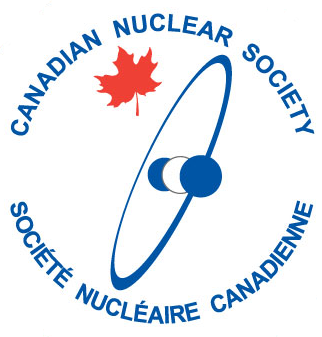Communications Director or Head of Communications; Why should anyone care?

Those of you with an attention to detail may have noticed that my title has changed from Communications Director to Head of Communication. It’s a subtle but important change.
When the position was created society wanted to make sure it was understood that it was a senior position. The equivalent position within our interested organizations was a director and it appeared appropriate to use this title to establish an equivalence.
However, in a commercial organization, a director will “direct” activities deciding on policies and implementing them. The control flows downwards. In a society of individuals, especially one built around the activities of volunteers, the flow of decision making is reversed. My role is not to tell people what to do, it is to help them do it. I do not decide on what the organization should say, I advise on how it can most effectively say it.
As I said it’s a subtle change but its worth mentioning because some people might perceive that the Head of Communications is a lesser position than that of Communications Director. It isn’t, not least because it’s impossible to be demoted in a portfolio in which there is only one position.
Some may also worry that it may carry less weight in our communications with the media but actually I think it carries greater weight. One of the problems the nuclear industry has is that it is portrayed by the anti-nuke campaigners as an unsympathetic industry with a controlled message developed by the evil barons that run it and delivered by faceless automatons. Its rubbish of course but it can look that way from the outside especially when the anti-nukes present themselves as passionate individuals.
I want the media and the public to understand that the CNS message is developed by its very many, very sincere, individuals. Individuals that are not only passionate but are also informed. The change of title is another step in that direction and positions the CNS to take a leading role in allowing the public to learn the truth about the industry.
Popular Core Business Articles
- The important differences between Hazard, Danger, Risk and Fear when considering a Deep Geologic Repository for used nuclear fuel.
- Deep Geologic Repositories (DGRs)? Distressed purchase or Jewel in the Nuclear Crown
- An article by the Breakthrough Institute
- How do we quickly and succinctly explain why wind and solar are not cheap?
- The Titanic Fallacy

Leave a Reply
You must be logged in to post a comment.